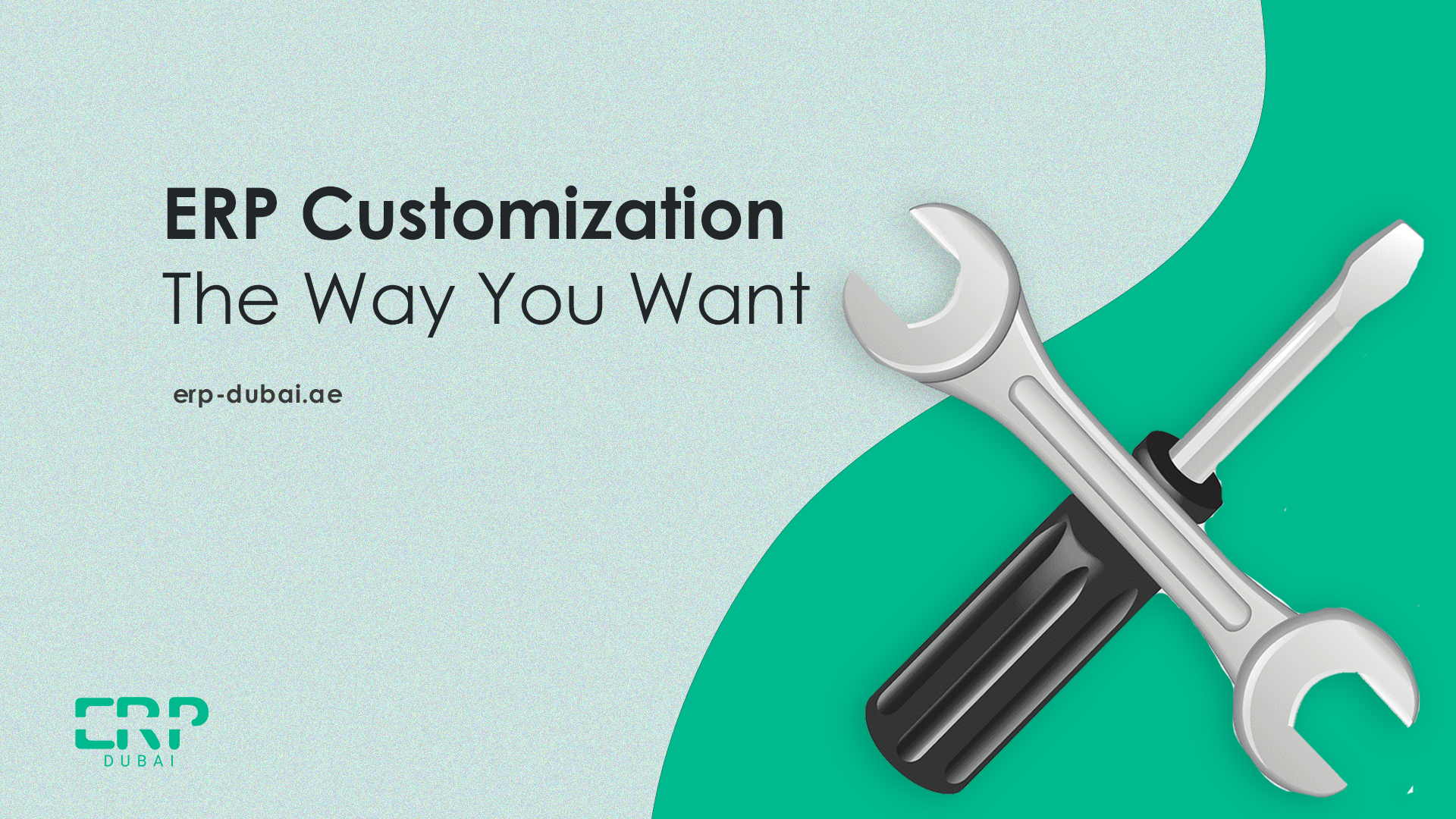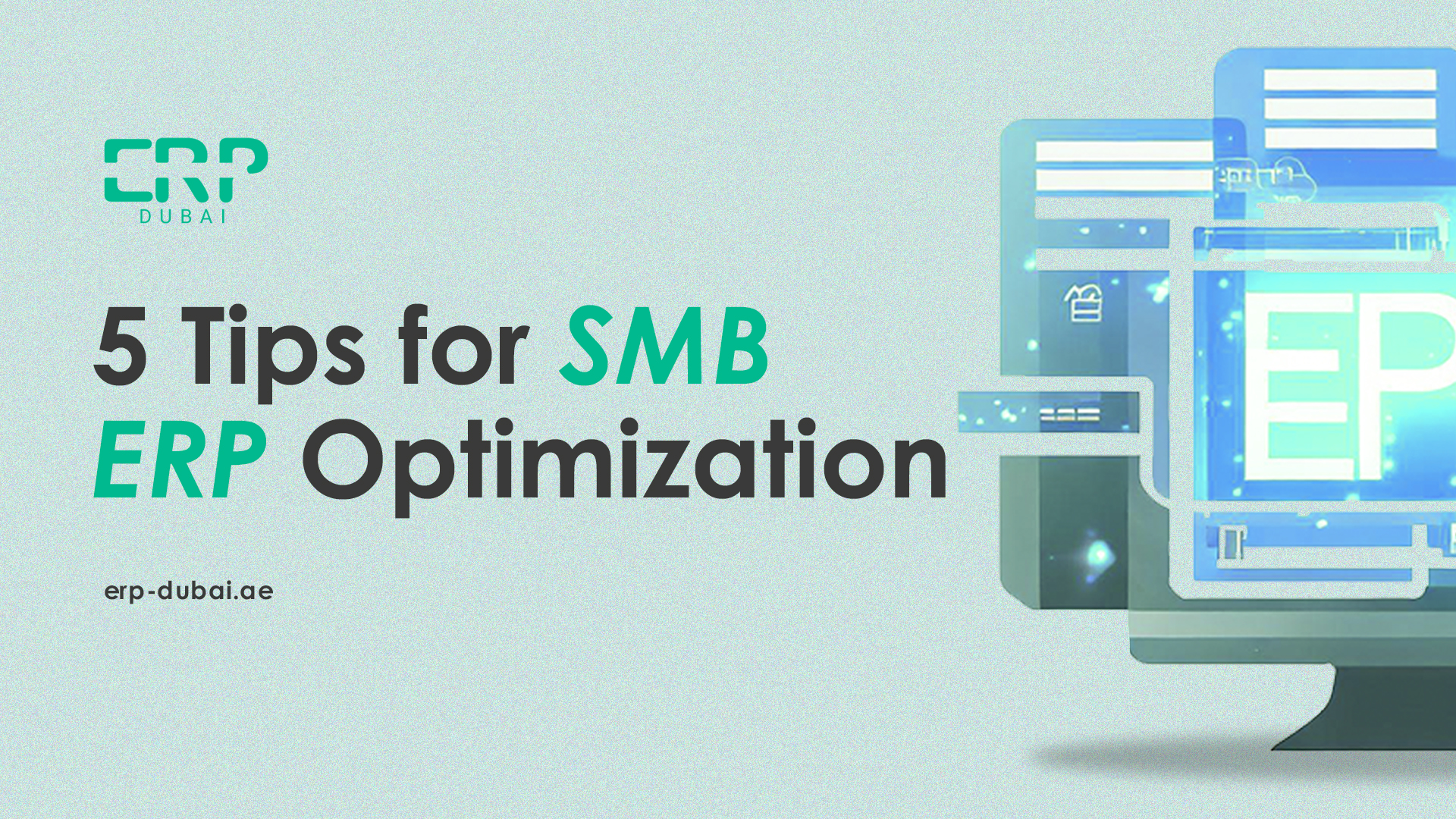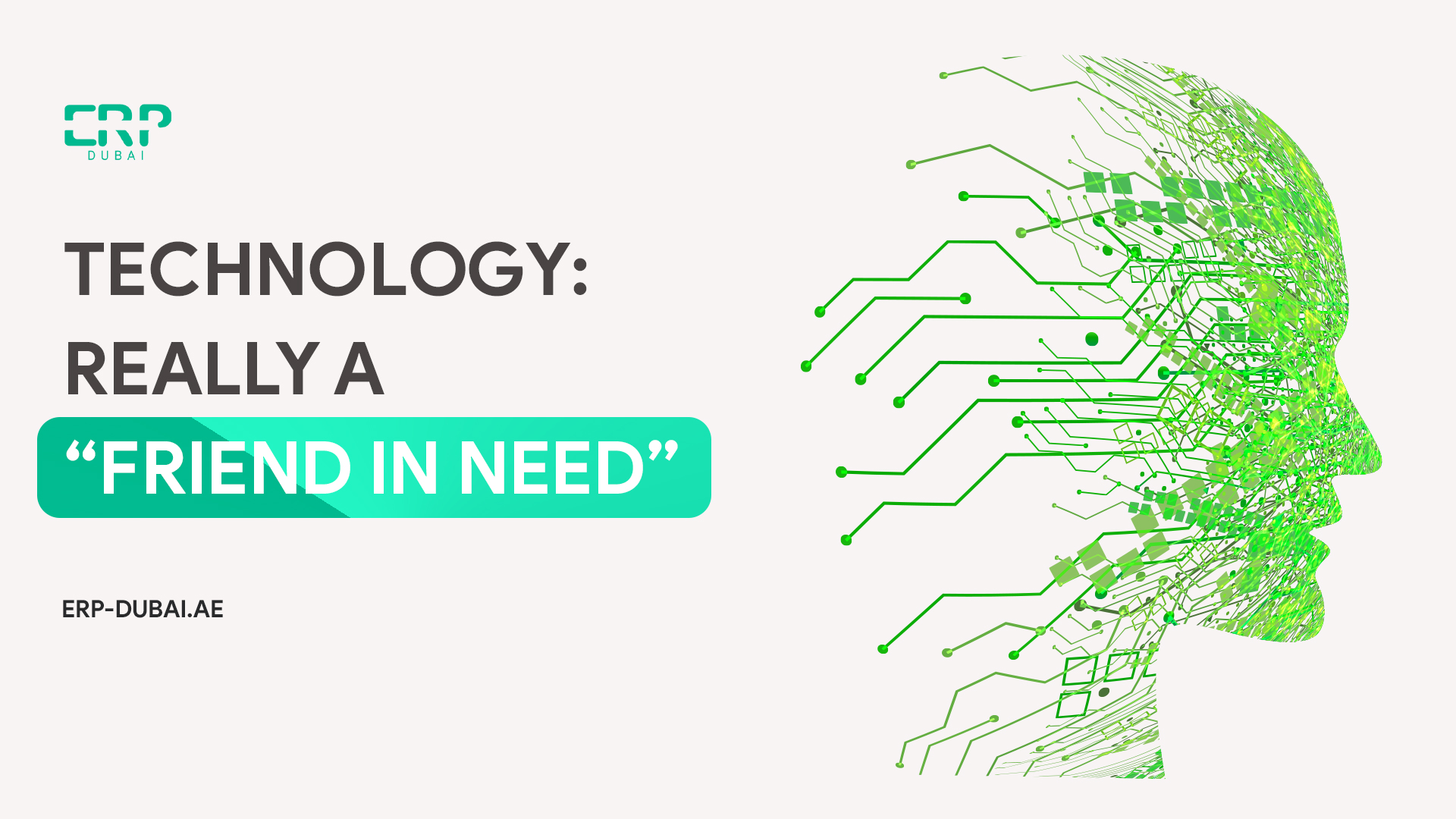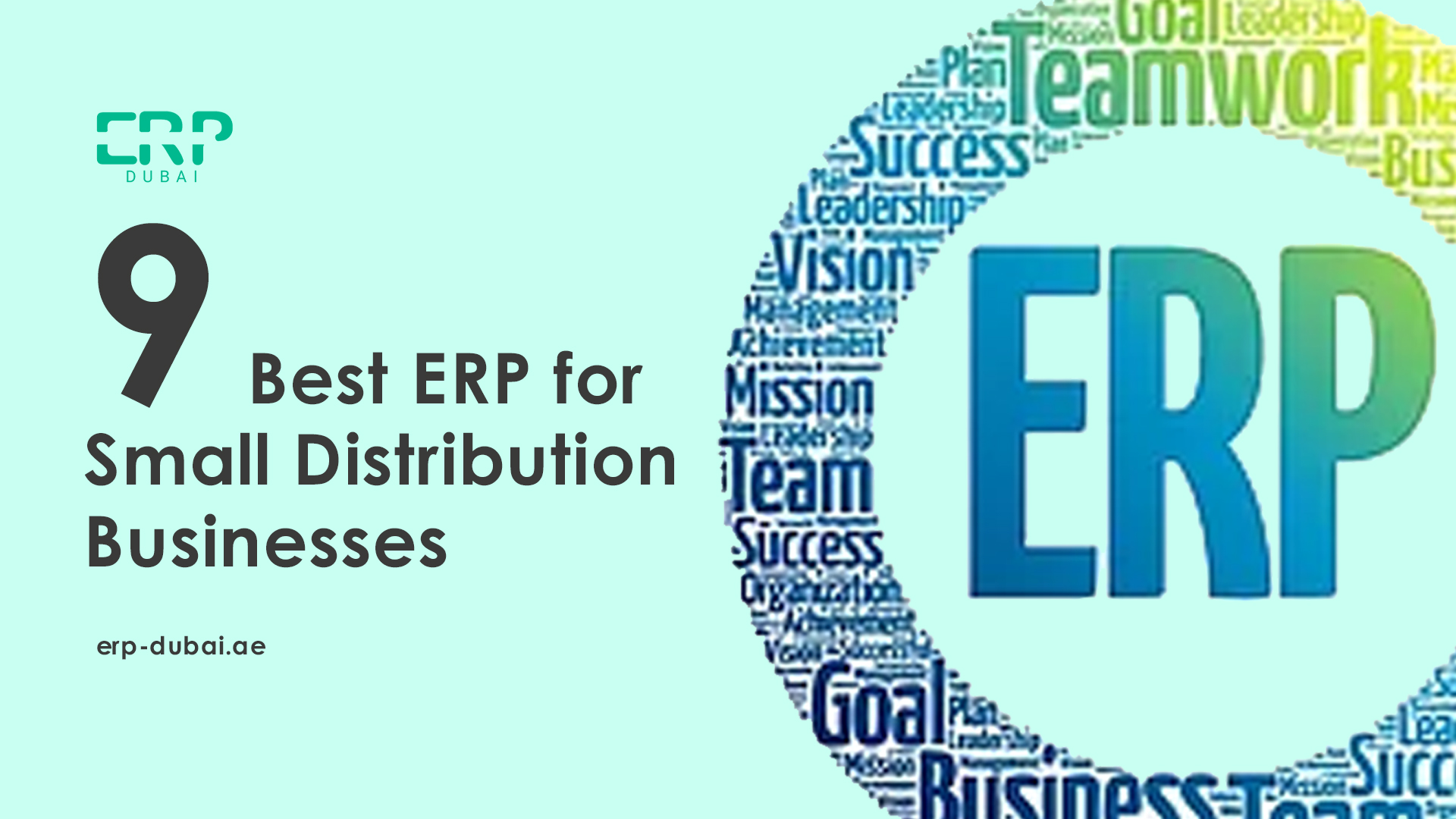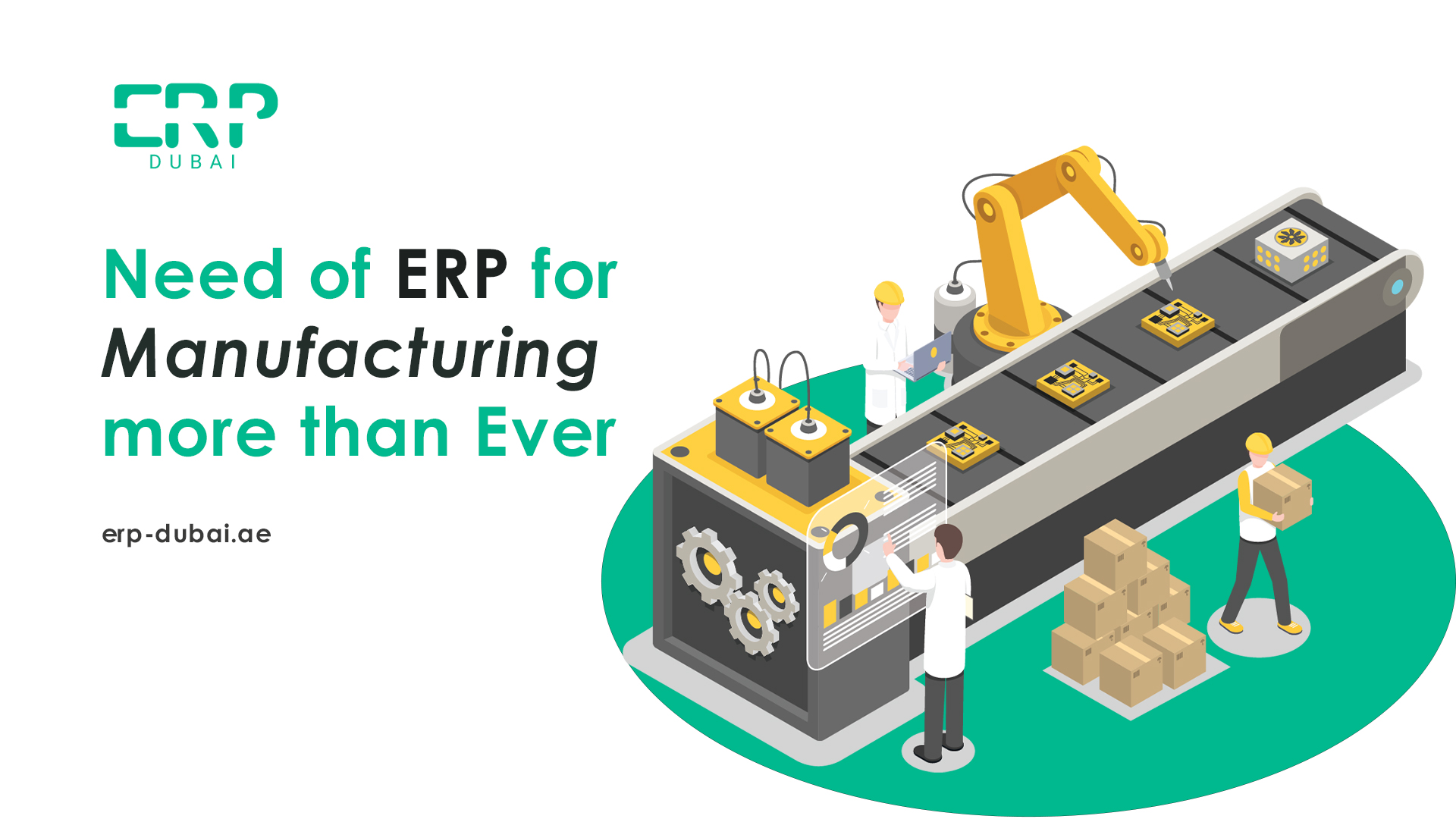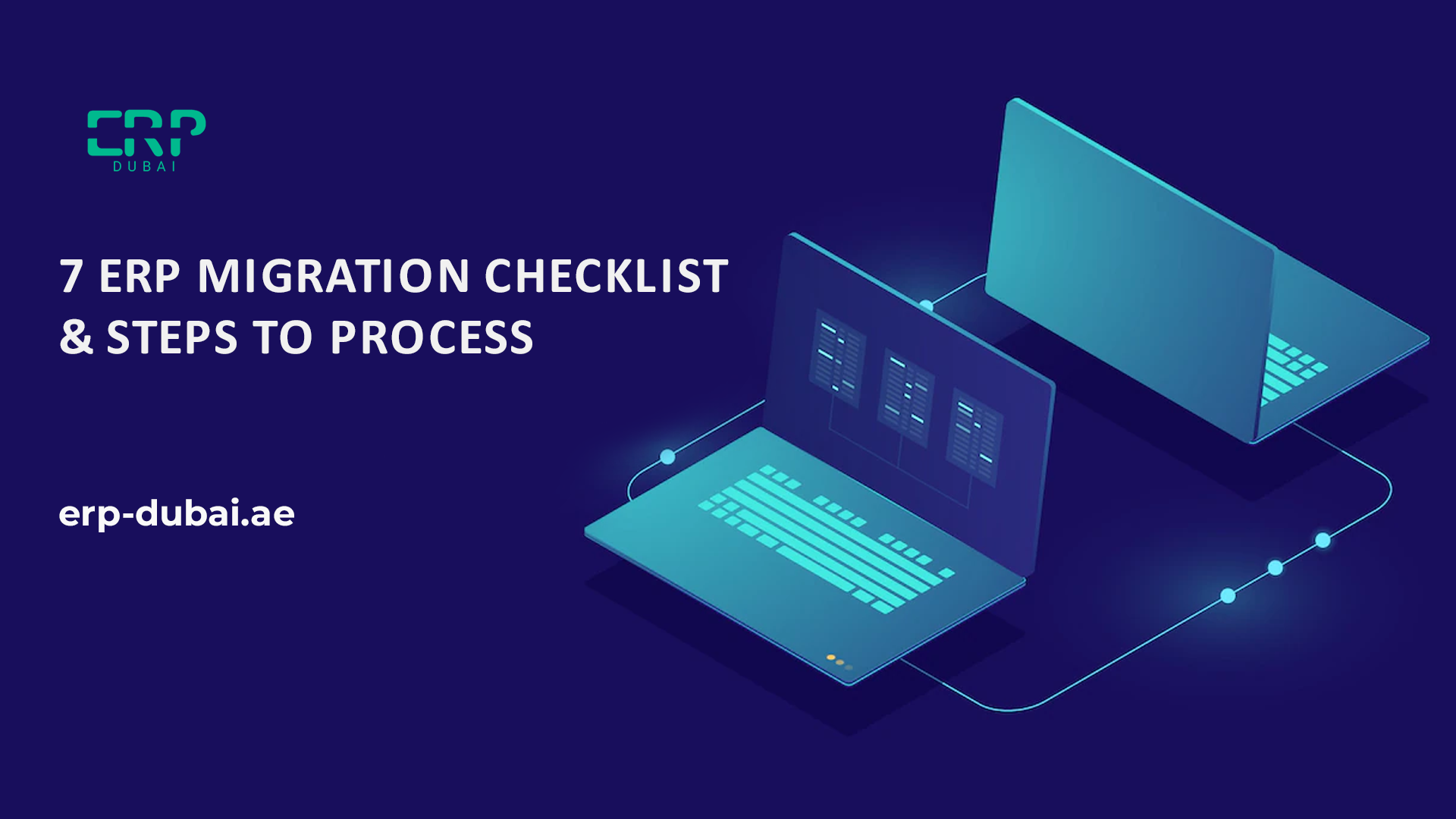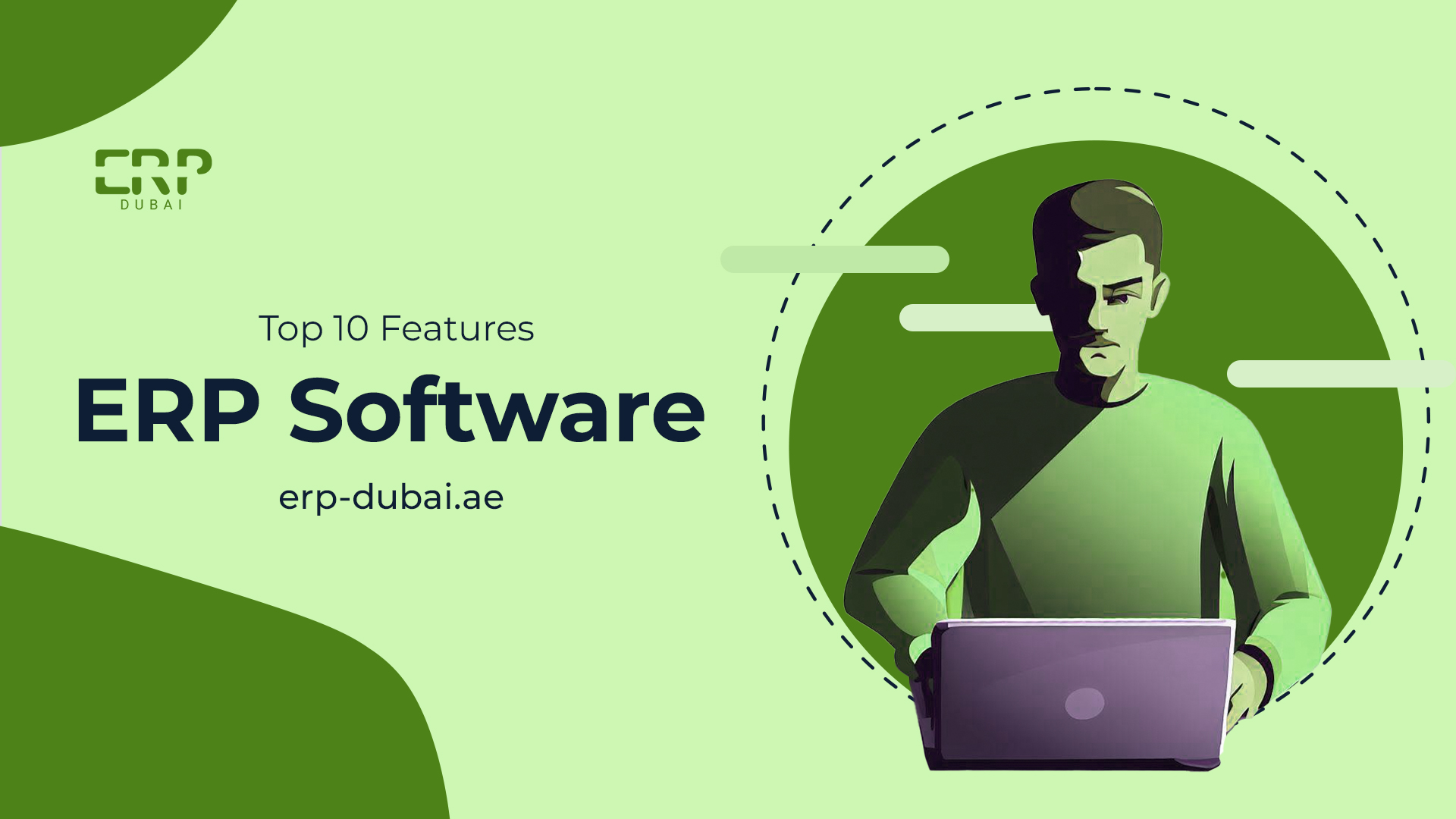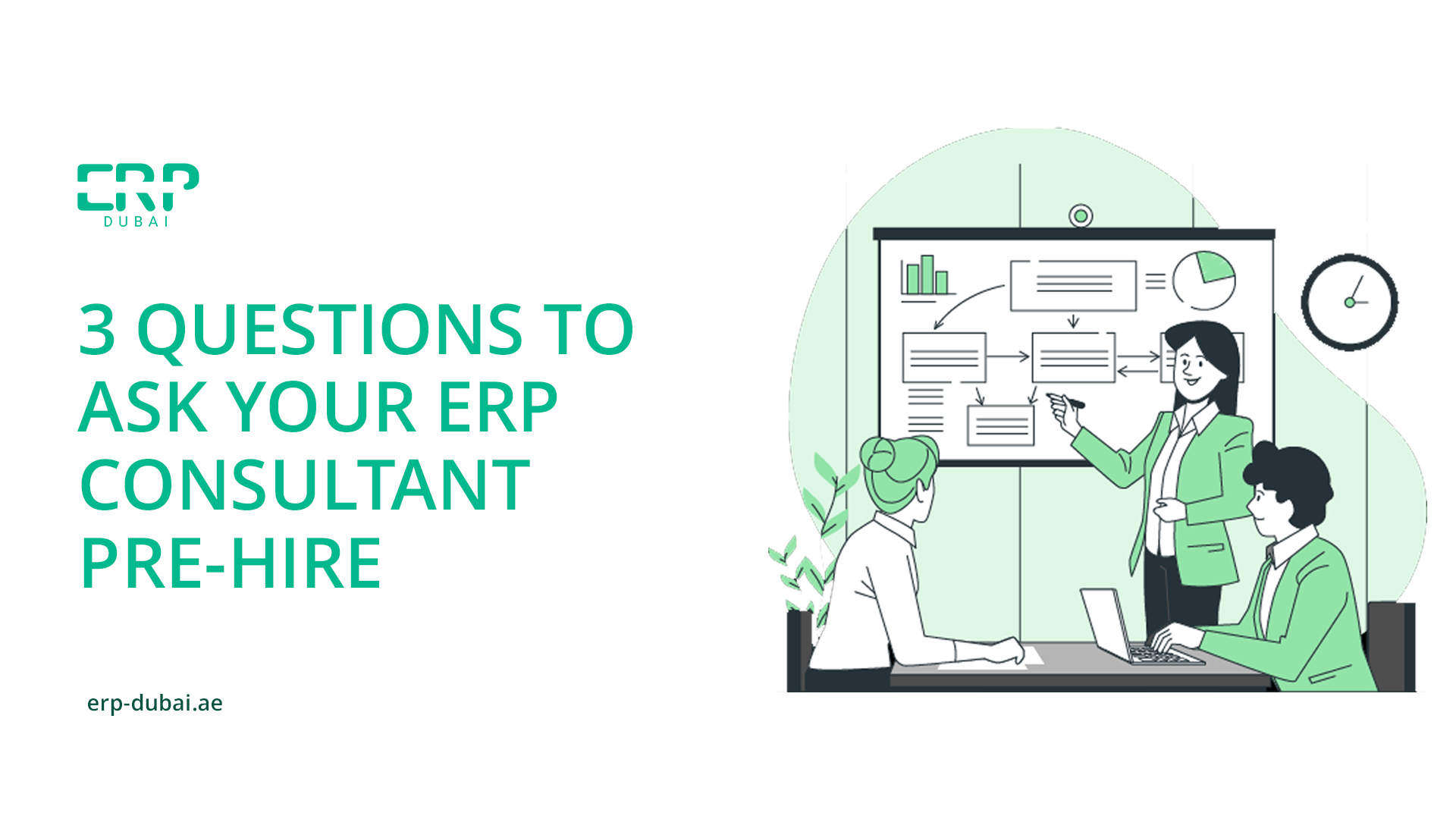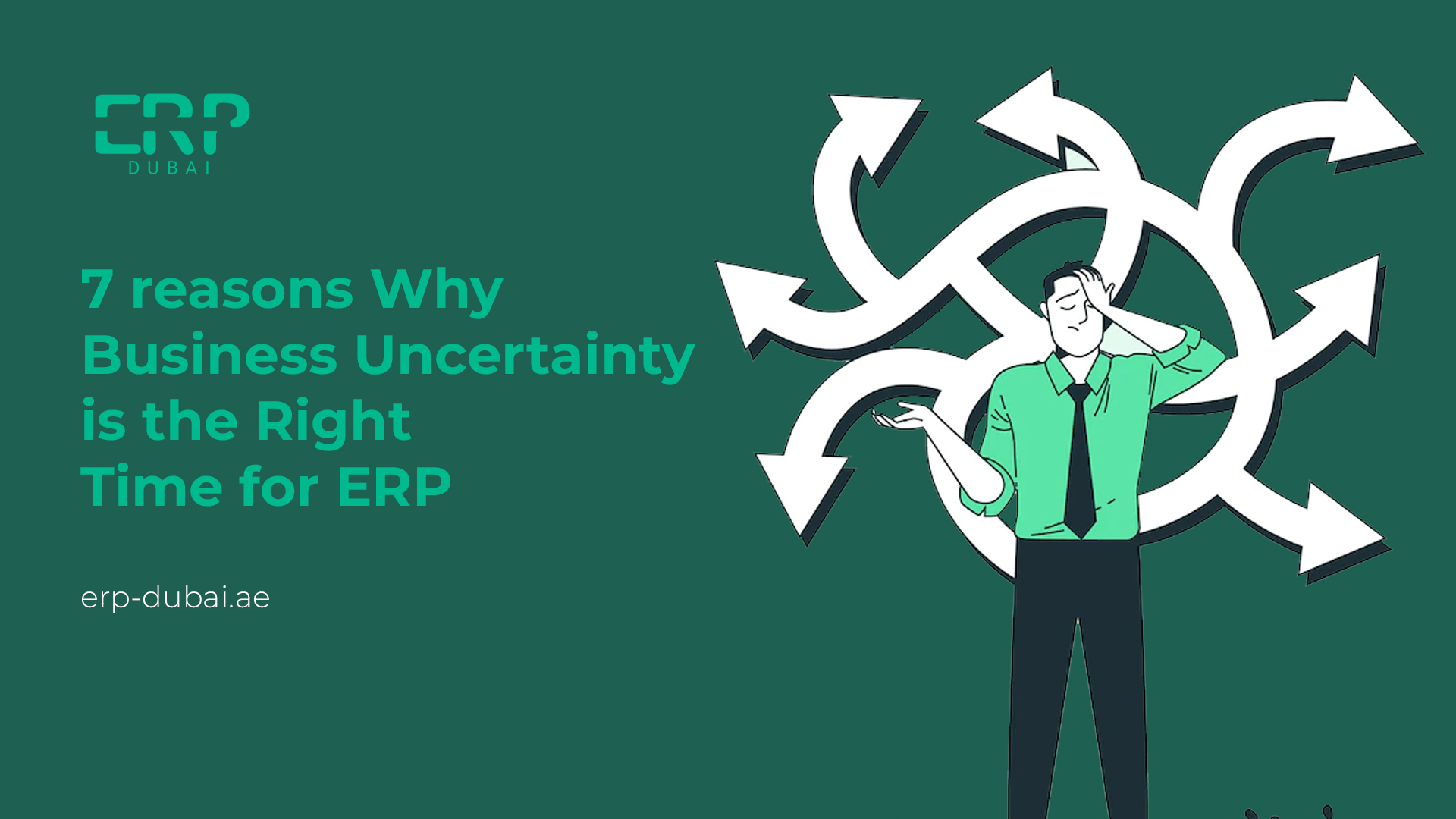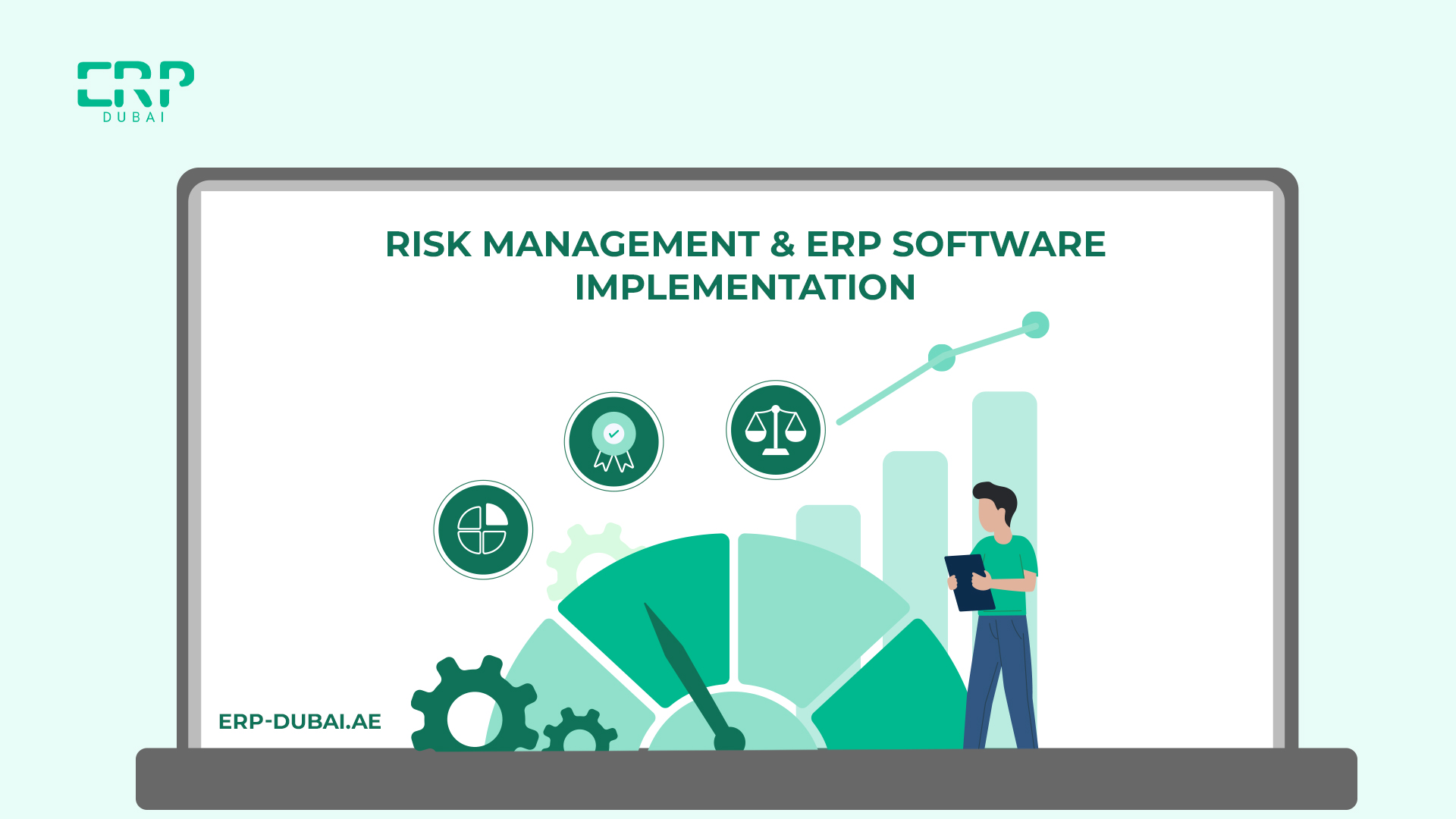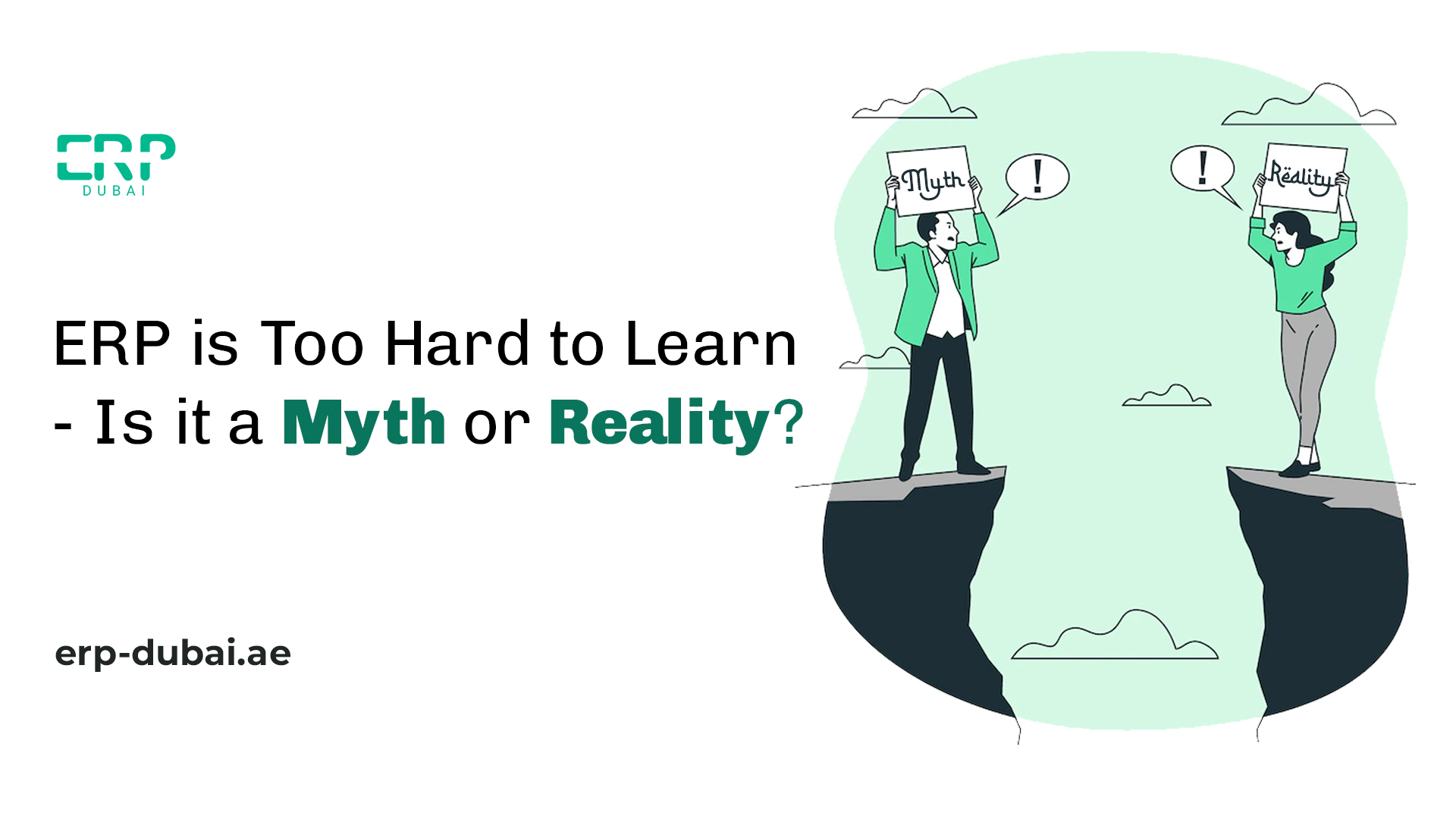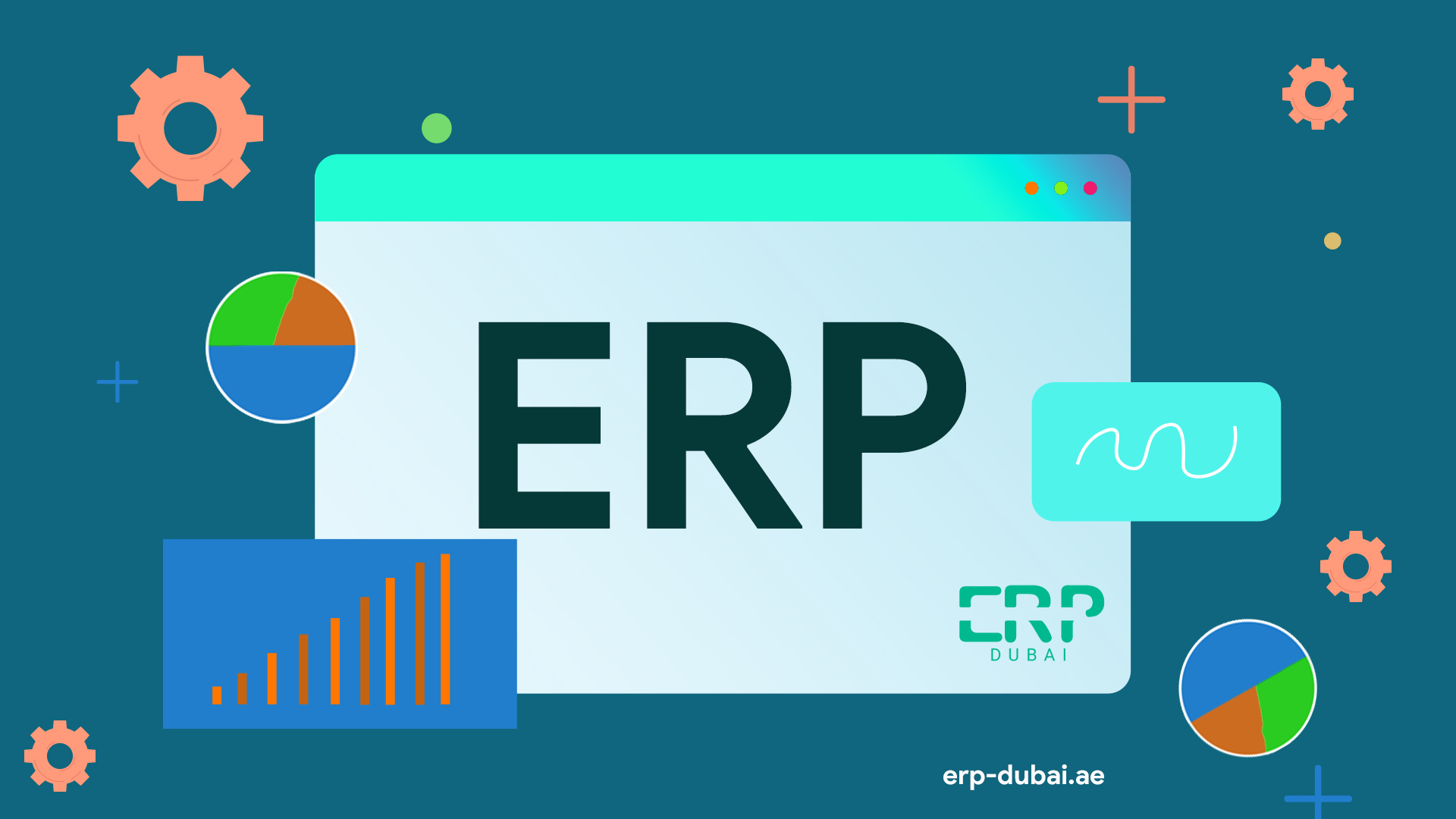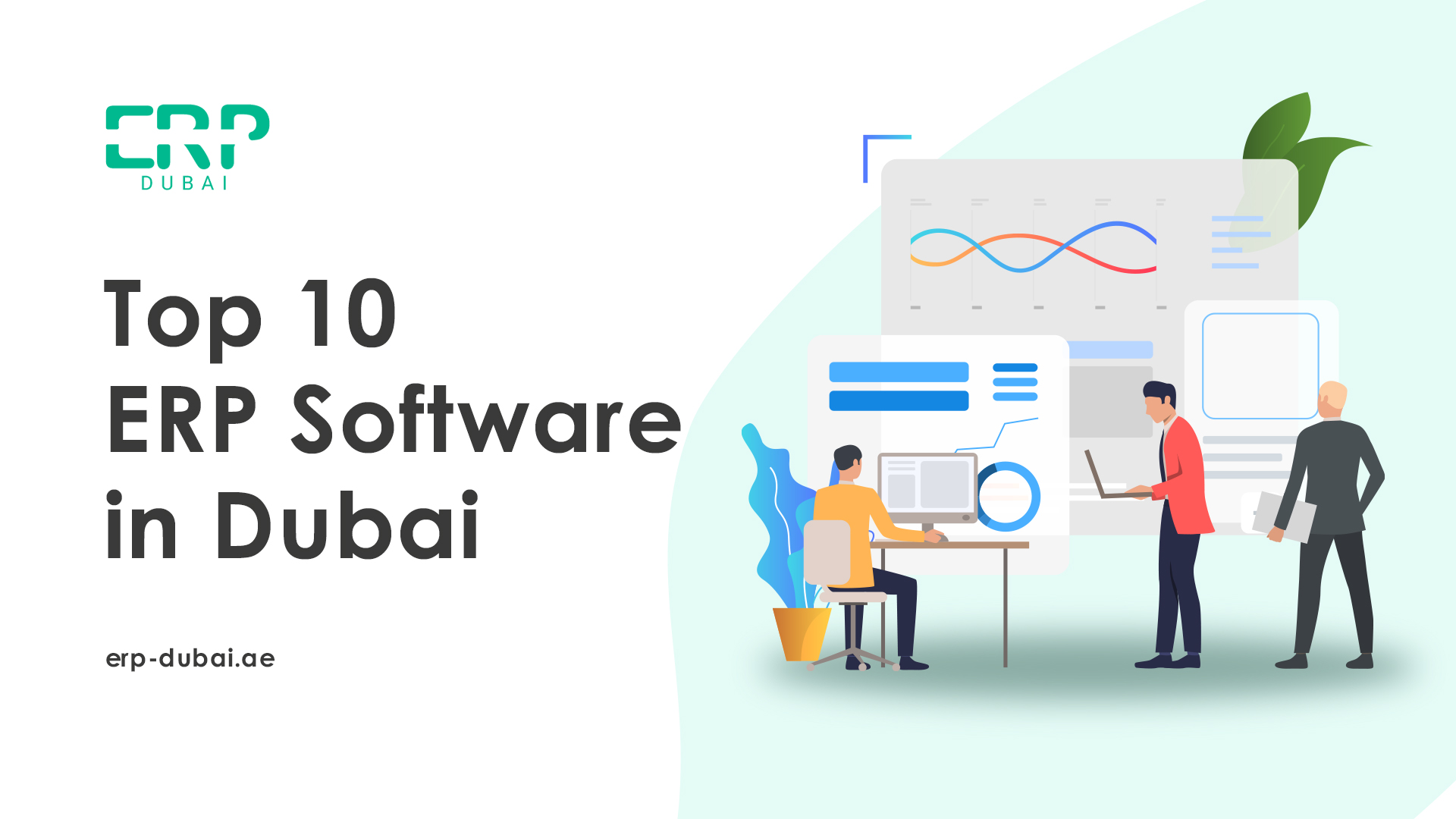No products in the cart.
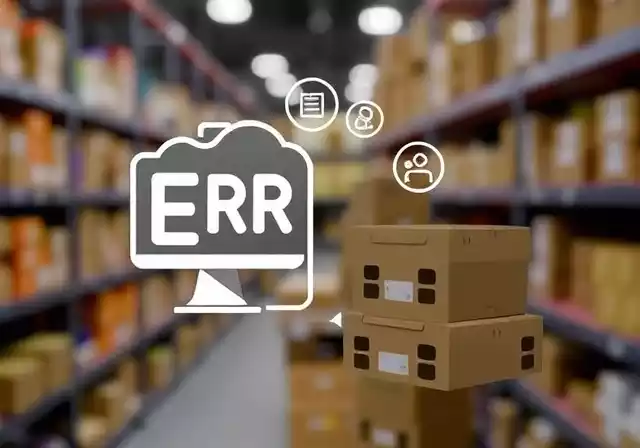
ERP For Service Industry
How ERP works in the service industry?
A service industry is a line of companies offering a service but not creating anything, like banking or insurance. An industry that relies heavily on services, like insurance, must, by nature, focus its efforts largely on marketing and customer care.
Let’s examine each element of ERP in the service business one at a time.
1. Improved prediction
The service projects can be scheduled with high transparency and quality using ERP software.
Proper planning with the use of ERP enables the service sector to configure a variety of project functionalities and user interfaces, improving and raising the bar on project implementation.
Thanks to the integrated project framework, you can get an idea of the required materials, services, and associated costs. You can see your projects’ pre-cost overview thanks to this.
2. Management of customer relationships
An ERP makes it possible to verify the status of your projects at any time, from any location, making it simple to satisfy customers.
The ERP system makes it easier to assess the business budget quickly and monitor the status of your services project.
Additionally, ERP software initiates improved communication between numerous projects at various locations, increasing visibility throughout the businesses and streamlining communication between diverse staff members, departments, and vendors via a single interface.
In real-time, the single interface system in ERP connects the appropriate customer with the appropriate service.
3. Cost Management
If a service company chooses an integrated ERP, it can reduce unneeded resource flow without having to rely on several different software systems and their associated costs.
All of the equipment required for a services business to operate can be provided by an ERP system.
The extremely scalable structure of today’s ERP solutions allows for significant levels of flexibility within the services sector.
The USP of any services industry is customization and flexibility, which it delivers.
4. Increased Productivity
The ability and capability of employees to gather and communicate the necessary information are improved with more access to real-time data.
It pushes staff members to swiftly shift course after rapidly identifying and communicating impediments.
A seamless operation depends on service providers’ capacity to communicate availability and progress quickly given that they serve a variety of clients in various locations.
A corporation may respond and make adjustments rapidly without depending on other departments to find and provide crucial data by using a unified reporting system that allows statistics and statuses to be examined and disseminated smoothly across the organization.
A cloud-based or mobile ERP is the most popular enterprise resource planning choice for service providers due to its sophisticated features.
What does an ERP system for the service sector need to provide?
People-centric enterprises have highly particular and varied criteria when choosing an ERP solution to provide their clients with the best service possible. Some of the functions of ERP include maximizing resource usage, project management and execution, and time and expenditure management.
As well as in a contrast to product-centric sectors, service industries are by nature project driven. In the past, companies that designed, produced, and billed for items were the target market for ERP systems.
Besides Service-centric firms attempting to use ERP systems must customize the systems to distribute project information across system transactions.
Project-based ERP solutions are necessary for service firms since they need the flexibility to differentiate their services.
Above all an entirely different experience is delivered by ERP for services Industry.
By all means these enterprise resource planning (ERP) systems are created to manage complicated projects and enable service differentiation.
Any sizable service organization that uses an ERP system will find that it can mean the difference between success and failure.
ERP’s Benefits for the Service Sector
Any service sector, whether it is marketing, accounting, financial planning, engineering, or consulting, provides clients with highly specialized and expert services.
Because they mix various projects with financial management strategies, service sectors are by nature project-oriented. They focus on particular verticals to serve the demands of particular niche sectors.
They frequently encounter numerous difficulties as a result of the complexity and workarounds inherent in the service sector. the pricey software combos in particular.
Above all they can get around the difficulties of choosing a different set of software for each function by implementing an ERP. An Enterprise resource planning (ERP) for a service Industry can easily match the stereotype of requirements for a service business.
By creating a system specifically for each professional services organization, an ERP aids in the streamlining of all business operations.




